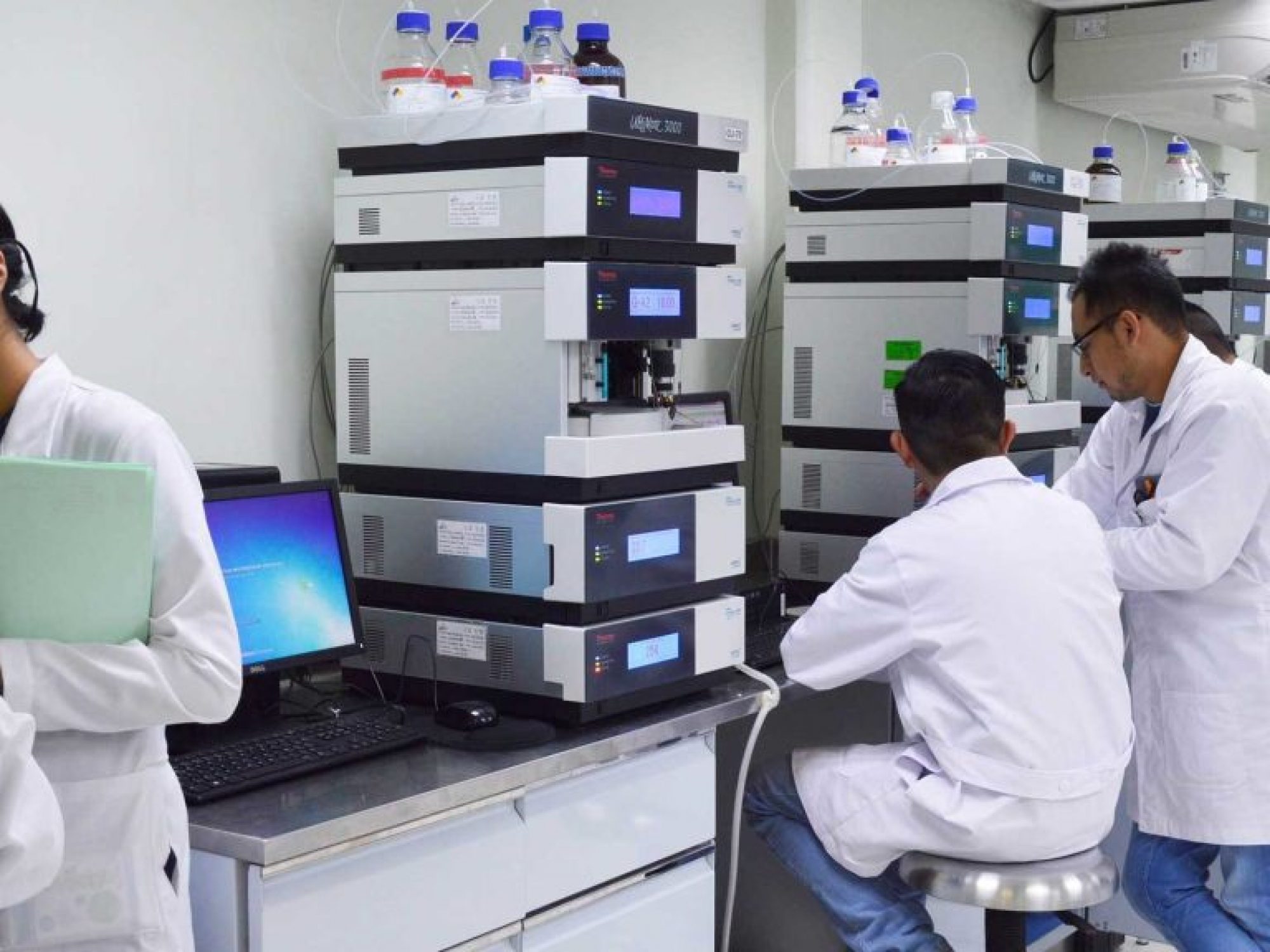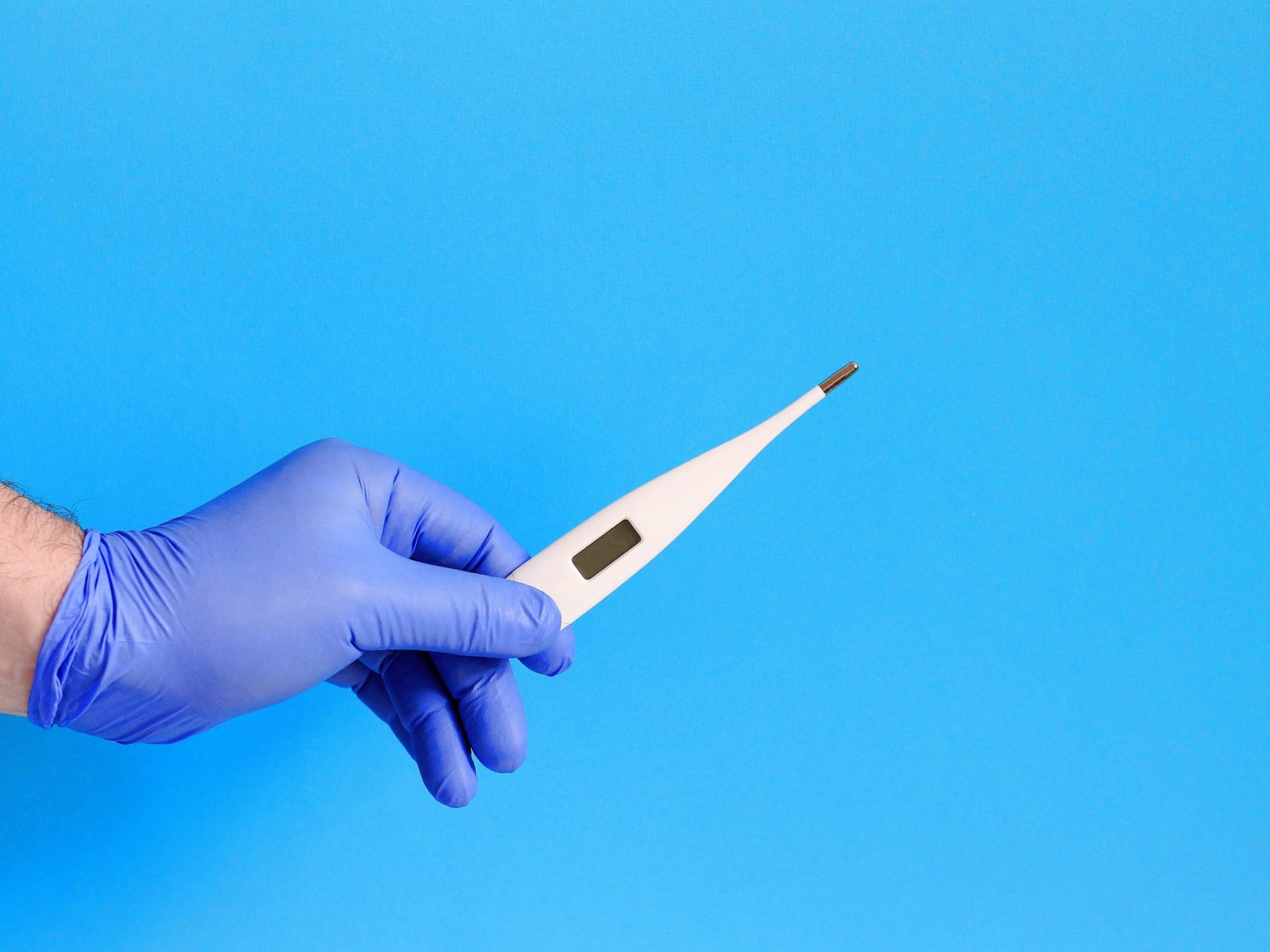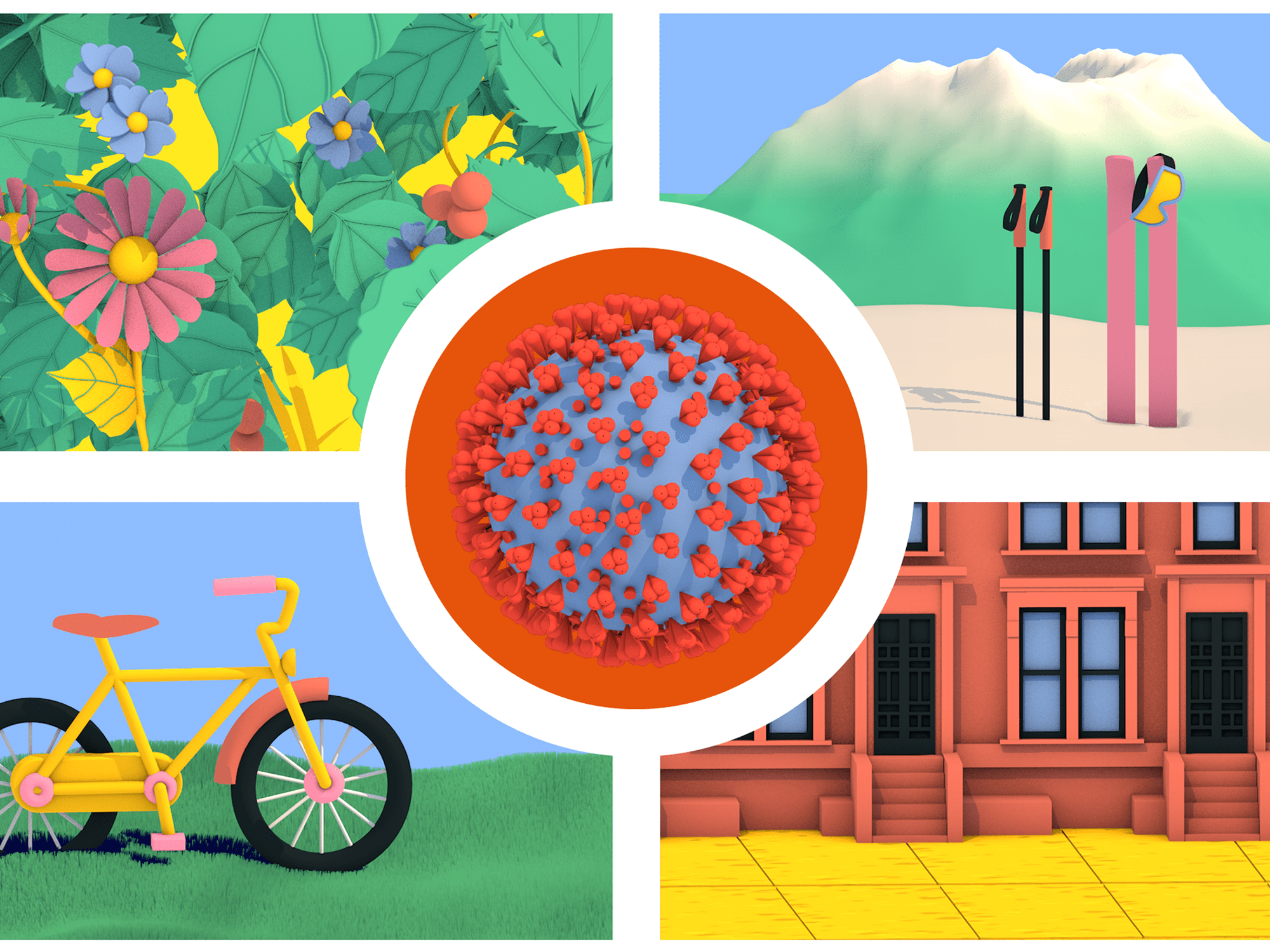Science is confirming that the microbiome of your gut determines the quality of your health as well as the quality and quantity of your sleep.
Your microbiome is the friendly cohabiting bacteria that live in and on your body.
About four pounds of these friendly bacteria live in your digestive system.
Let’s call it your gut for ease. The gut microbiome is a fascinating interconnected system that resides within each of us.
The microbiome of your gut has its own circadian rhythm. That’s a roughly 24 hour rhythmic cycle of various functions. The microbiome circadian rhythm interacts with your own circadian rhythms. They work together to manage digestion, immunity, brain chemistry, and sleep.
Each variety of microbe (bacteria) makes its own specific neurotransmitters (chemicals that facilitate signals jumping from one nerve cell ending to another), immune cytokines (small proteins), and chemicals such as serotonin, dopamine, melatonin, and GABA.
Via hormone releases, nerve transmission, and immune system activation, this gut microbiome is crucial for your nutrient absorption, learning, immunity, coping abilities, state of mind and mood, and sleep patterns.

Your gut has its own nervous system.
Your gut brain (aka your enteric nervous system) regulates mood, behavior, emotions, and your higher thinking and problem solving abilities. It works independently of your rational thinking brain in your head known as the neocortex.
It couldn’t do any of this without the relationship it has with your gut microbiome.
This gut brain regulates your immune system, coordinates neurotransmitters, triggers hormone secretions, influences emotions, affects pain sensitivity threshold, supports decision making, and influences sleep patterns.
Connecting directly with your vagus nerve, you have a communication highway between the brain in your head and the brain in your gut. Your vagus nerve controls and coordinates a host of your body’s automatic functions and has an overall calming effect on the body.
Gut bacteria influence endocrine hormone release.
Neurotransmitters like cortisol, tryptophan, and serotonin are ingredients in your stress response via the hypothalamic-pituitary-adrenal pathway (HPA).
When you’re sleep deprived, the HPA stress pathway is activated resulting in increased cortisol (a stress hormone linked to your fight or flight response), decreased growth hormone, decreased immune response, and a lessened ability to manage inflammation and infection.
All these functions translate into determining the quality of your health.

Sleep affects your microbiome, and your microbiome affects your sleep.
It’s a two way street.
Eating changes triggered by poor sleep change your microbiome in a negative way that leads to worse sleep which further weakens the microbiome.
Over time, your own circadian rhythms are thrown off and the composition of your microbiome changes.
If you’re sleep deprived, there’s a shift in hormones influenced by your gut microbiome. Specifically, the hormones ghrelin and leptin are affected, and combined, they shift hunger.
The alteration of the ghrelin-leptin balance leads to increased appetite, cravings for sweets and simple carbohydrates, overeating, emotionally driven eating, and a slower metabolism.
How to eat to support sleep and your microbiome.
Lean toward a plant based diet.
Plant based diets are high in phytonutrients that boost antioxidant capabilities and increase your immune response.
Increase your complex carbohydrates (fruits, vegetables, and whole grains), and fiber, and decrease unhealthy fats to feed the healthy bacteria that comprise your microbiome.
Shifting toward a more plant based diet doesn’t have to become an obsession. Simply increase your fruits, vegetables, whole grains, nuts, seeds, and legumes and eat from these types of foods every day.

Timing matters.
Your body’s digestive abilities are greatest in the early and mid day. Make lunch your biggest meal and dinner your smallest.
Mindfulness and eating.
A state of mindfulness switches your brain from emphasising the sympathetic nervous system (think fight or flight) to emphasizing the parasympathetic nervous system (think calming). It’s the parasympathetic nervous system that supports healthy and efficient digestion.
Techniques like conscious breathing, eating slowly, and being consciously aware of eating are ways you can have mindful eating.
You can learn more about mindfulness and eating and weight loss here.
The simple answer is the best answer.
It takes practice to learn to look within whenever something about your health and wellbeing isn’t working well.
The answer isn’t in the latest pharmaceutical.
The answer can be as simple as eating better to sleep better so that you can be healthier and happier in your life.
I want to send you my free guide, “5 Days to More Peace, More Prosperity, and More Happiness”.












